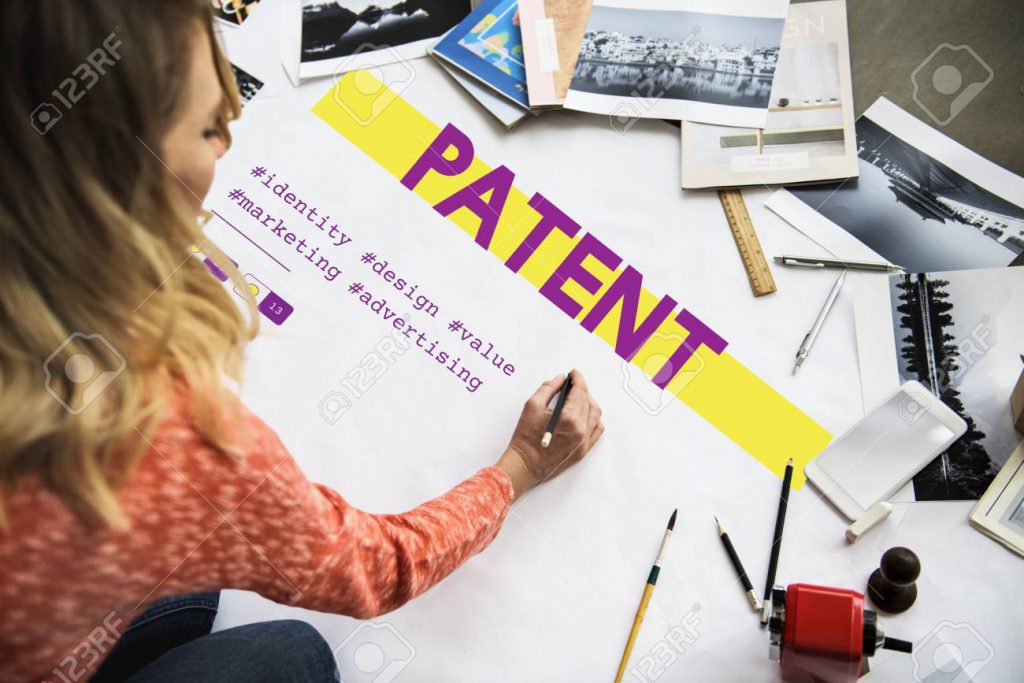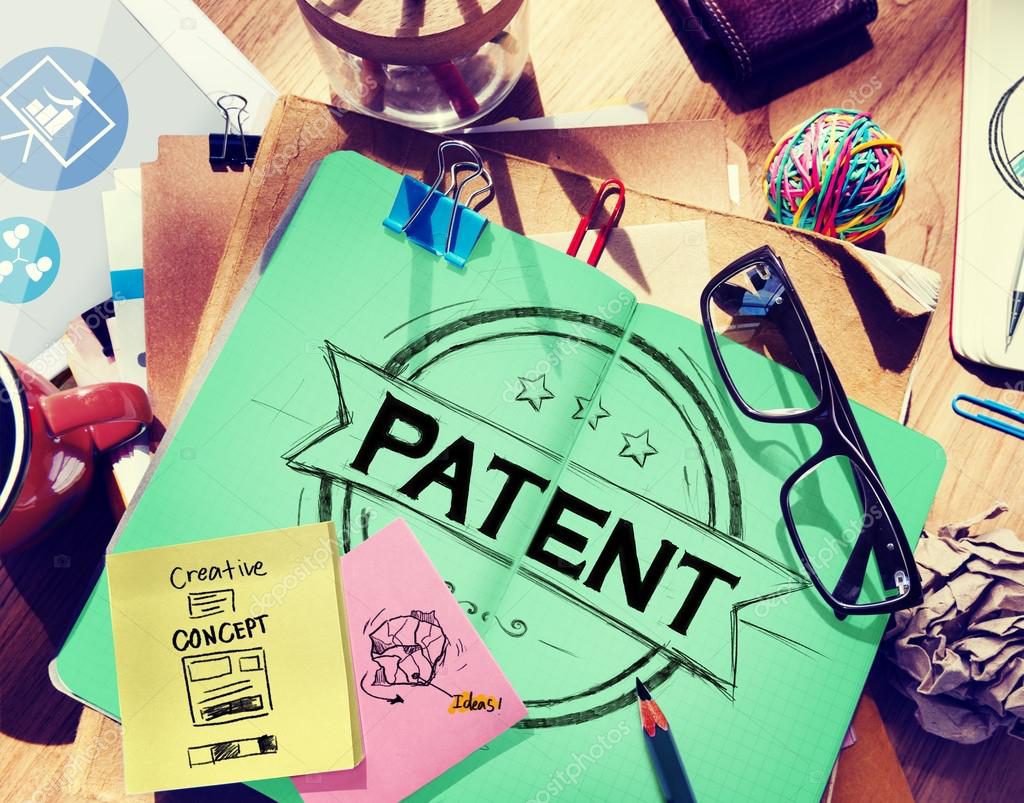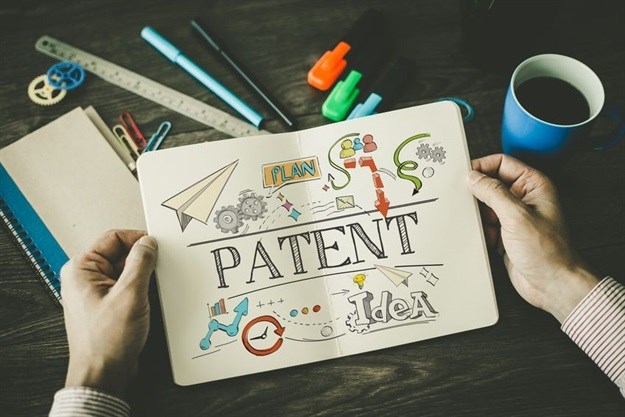Infringement of Patent – Ad Interim Injunction of Patent Registration
The principles for grant of injunction of Patent Registration have been succinctly discussed in American Cyanamid Co’s case which have been accepted and followed in the case of franz Xaver Huemer versus New Yash Engineers.

It is true that earlier, in the well-known case in American Cyanamid versus Ethican (interlocutory), it was observed that it was sufficient if a “triable issue” was there. According to Lord Diplock, the court must also be satisfied if thereis a ‘serious question to be tries”: therefore it should not try to assess relative merits by looking into prima facie case in the affidavit evidence but should instead turn at once to the balance of convenience; if damages to be awarded at the trial can adequately compensate plaintiff and the defendant could pay them, patent injunction could be refused; if not, injunction could be granted; if defendant could be compensated by way of damages later by plaintiff, injunction by way of damages later by plaintiff, injunction could be granted; where there is doubt about the adequacy of damages to one or both; any factor which may affect balance of convenience is to be considered. If the balance is even, the relative strength of the case is to be considered. It is said that in the law of patents, it is not sufficient merely to have registration of patent The Court must look at the whole case, the strength of the case of the patentee and the strength of the defence such as those falling under Section 107 read with section 64. The need to establish prima facie has been emphasized in recent cases in England and in India. The court has to consider whether there is prima facie proof of infringement. Prima facie proof of validity is different from prima facie proof of infringement as stated by Sultan Singh versus DCM ltd. In that case, the learned judge quoted Terrel on the law of patents.
The plaintiff must first establish such facts as will satisfy the court that there are strong prima facie reasons for acting on the supposition that the patent is valid. The most cogent evidence for this purpose is either that there has been a previous trial, in which the patent has been held to be valid, or that the patentee has worked and enjoyed the patent for many years without dispute or may be that as between the parties the plaintiff is relieved from the onus of establishing validity, as where the defendant has admitted it or is so placed in his relationship to the plaintiff as to be estopped from denying it. In view of the above, it is clear that the said irreparable injury has to be measured while looking into the corresponding injury to the defendants if the injunction is granted.
Finding of Injunction

As I have already stated that the defendants have raised substantial, tenable and credible challenge to the patent which raises a triable dispute, therefore, the plaintiff has failed to make out a prima facie case for the grant of ad interim injunction. Considerable doubt has been raised by this court about the working of the patent in commercial sense and on the other hand, the defendants are stated to be in the business of manufacturing mirrors since the year 1993. It is further asserted that the defendants belong to Guardian International Corp which is the subsidiary of Guardian Industries Corp. The defendants have stated that they own a Rs. 450 crore plant of India for the purposes of manufacturing mirrors. The defendants are stated to be formed under the joint venture with Guardian Industries corp which is one of the world largest glass manufacturing company having 22 float glass facilities located in North and South America, western, central Europe etc.
The defendants gave stated to have done immense business while affecting the sales of glasses and mirror at a commercial scale since the year 1993 and without the copper layer since 2002. Thus, it would be more inconvenient at this juncture to restrain the defendants from manufacturing the mirrors given the fact that there is substantial credible challenge raised to the patent, on the contrary, the plaintiff would be less inconvenienced at this stage if the injunction is not granted. The irreparable damage consequently will be caused to the defendants if there is an injunction against them.
This court is also not unmindful of the fact that the patent was filed on 8th May, 1995 and the same was granted on 12th March, 2004. The term of the patent is limited to 20 years and thus, the delay in trial of the suit may cause prejudice to the plaintiff. This court has also given careful consideration to the recent dicta of Supreme Court in the case of Bajaj Auto Limited versus TVS Motor Company Limited wherein the Supreme Court ruled that the patent and trademark matters may be put to trial and the same may be heard on day to day basis in order to decide the suits itself instead of injunction applications. Given the present situation and the nature of matter wherein the delay in litigation may defeat the rights of the plaintiff, this court is of the opinion that this court may give the liberty to the parties to seek appropriate directions for appointment of local commissioner for expediting the trial in the matter.
Conclusion

For the aforesaid reasons, the application filed by the plaintiff being I.A. No. 3756/2007 under Order XXXIX Rule 1 and 2 CPC is disposed of with the following directions:
- The suit proceedings shall be expedited;
- The defendants are directed to maintain the accounts and file it on monthly basis in this Court in respect of the sales arising without copper layer mirrors so that the plaintiff may be adequately compensated in the event of failure of the defendants in the trial; and
- The defendants shall file an under taking by way of an affidavit within two weeks from today that in case the suit of the plaintiff is decreed after trail, the defendants shall pay the profits and damages on their sale of impugned product without copper layer to the plaintiff.
It is one thing to day that the Patent lacks the inventive step in as much as the same is obvious to the person skilled in art as the same may amount to workshop result which is per se not patentable. However, it is another thing to say the patent is a new form of the old substance which is pre-existing. The line may be blurred between the two but there lies a subtle difference. This is the reason why even the legislature thought it appropriate to insert and define both the concepts separately under section 2(j) (a) and Section 3(d).
For Patent Registration in Coimbatore -> Click here.